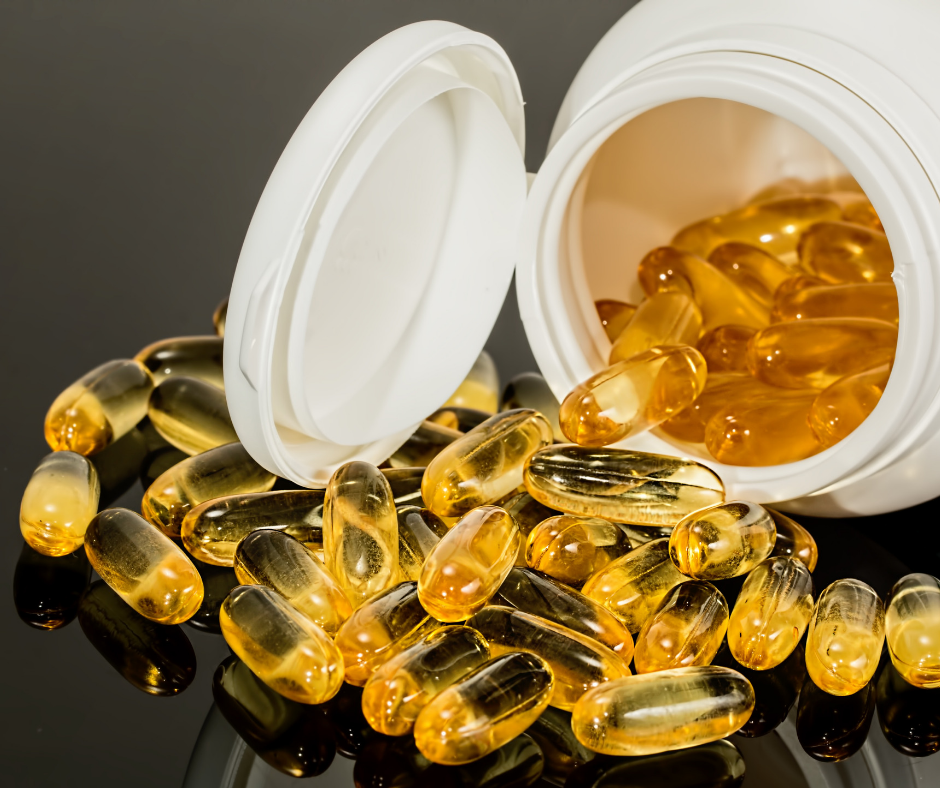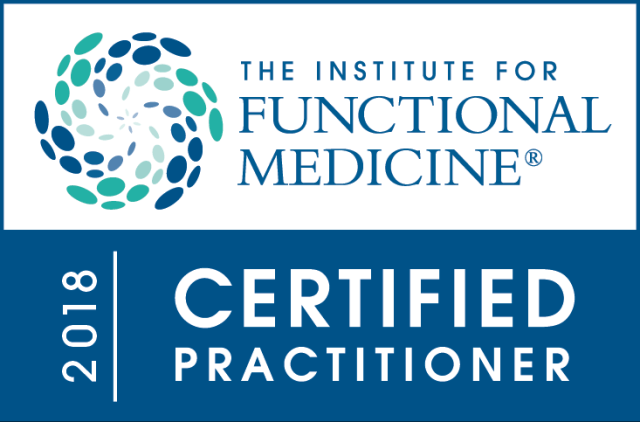Choosing the Best Supplements...

Supplements have been gaining popularity over the years in the quest to achieve optimal health. The use of dietary supplements among U.S. adults has increased 10 percent over the last decade. A 2018 survey concluded that 75% of U.S. adults are on a dietary supplement.
Supplements can be defined as vitamins, minerals, herbals, botanicals, amino acids, enzymes ect. Supplements can be helpful, but it is important to know all the facts before just diving in and starting on a supplement. I recommend discussing supplements with your doctor before starting one.
Some questions to ponder and ask your doctor:
- How is this supplement going to help me?
- What does the current research say about the benefits for this supplement?
- Is lab work needed before before starting this supplement, and after starting this supplement, will a follow up lab be needed?
- If I do take this supplement, how much do I need to take and for how long should I take it?
- Are there any possible side effects or contraindications to taking this supplement?
- What time of day works best to take this supplement and do I need to take the supplement with food or on an empty stomach?
- Does the supplement interact with other supplements, medications or foods?
- If surgery is needed, should this supplement be stopped?
How do you choose which brand to buy?
Safety:
- The FDA regulations for supplements are different from over the counter medications or prescription medications. Medications must be approved by the FDA before being marketed or sold. Supplements do not require premarket approval by the FDA. Supplement companies are responsible for providing evidence that their products are safe and the label is not misleading. If the FDA finds that a supplement is unsafe—the FDA can enforce action to remove it or recall the supplement from the marketplace.
- Where you buy your supplements is important. Amazon recently released information that a certain probiotic was probably counterfeit and not the real thing: https://www.wired.com/story/amazon-fake-supplements/?verso=true. Four top selling retail stores were also investigated and the investigation showed that the supplements did not contain any of the herbs listed and unlisted fillers were also present: https://www.webmd.com/vitamins-and-supplements/news/20150203/retailers-fake-supplements. Know the company you are getting your supplements from—you are taking supplements to be healthier, not to cause yourself harm! Some reputable companies to buy supplements from are Xymogen, OrthoMolecular, Fullscript to name a few.
Quality:
- Is the supplement GMP registered? GMP stands for Good Manufacturing Practices. GMP provides a system of processes, procedures & documentation to assure a supplement has the identity, quality, strength, and purity that is listed on the label.
- There are also other independent organizations that offer quality testing and put a seal of approval on supplements that pass their tests such as: U.S. Pharmacopeia, Consumer Lab and NSF International
- Where is the product manufactured? Is the product made in the U.S.A? Not all countries have regulations on supplements and they may actually contain toxic ingredients.
If you are not eating a healthy, clean diet; adding a supplement may not be that beneficial. Starting with the foundation of a healthy, clean diet and eating foods that do not cause inflammation is key.
“The food you eat can be either the safest & most powerful form of medicine or the slowest form of poison.” Ann Wigmore
If you need help figuring out what diet is right for you or what supplement would be beneficial to you contact your doctor or schedule an appointment with Dr. Shannon Evans, DO, IFMCP @ New Beginnings Functional Medicine Clinic at 970-305-0101 or email @ DrShannon@NewBeginningsFMC.com
Resources:
https://www.webmd.com/diet/how-to-evaluate-vitamins-supplements#3
https://ods.od.nih.gov/HealthInformation/DS_WhatYouNeedToKnow.aspx
https://www.wired.com/story/amazon-fake-supplements/?verso=true
http://www.nsf.org/services/by-industry/nutritional-products/dietary-supplements-gmp-registration
https://www.crnusa.org/CRNConsumerSurvey


Dr. Shannon's Blog











